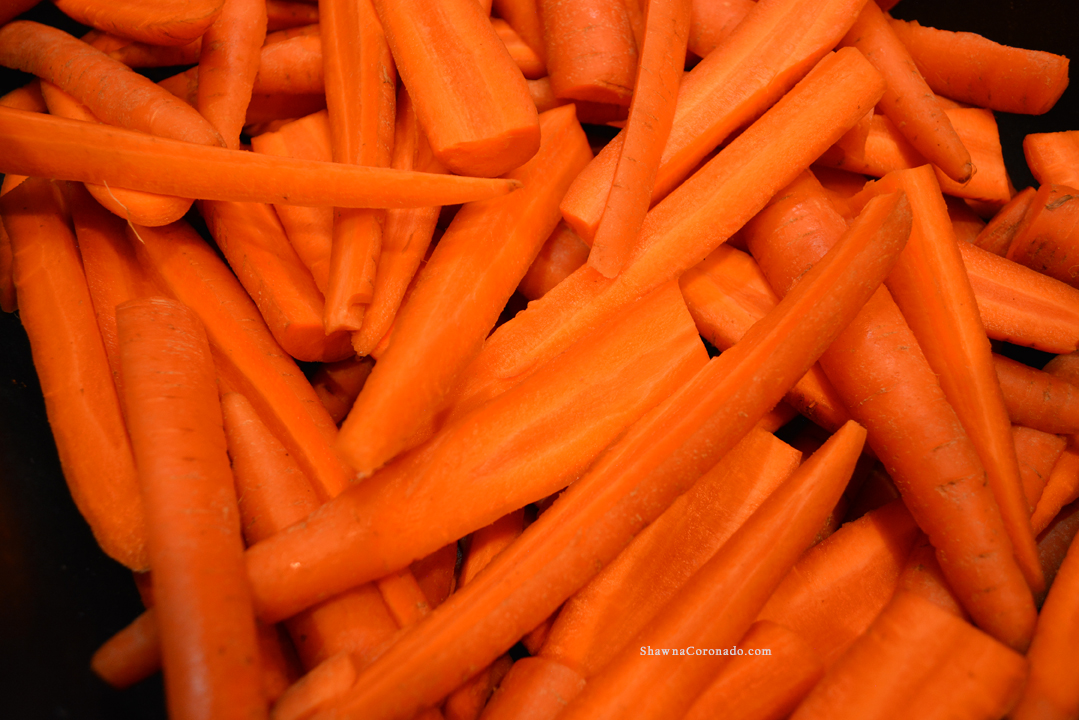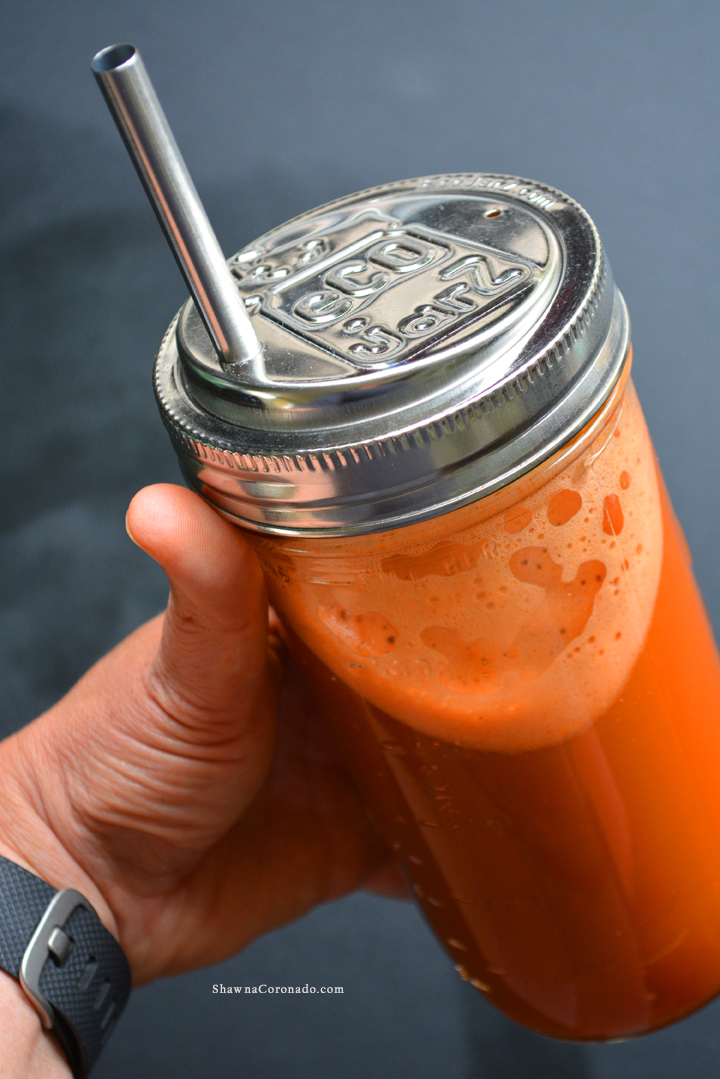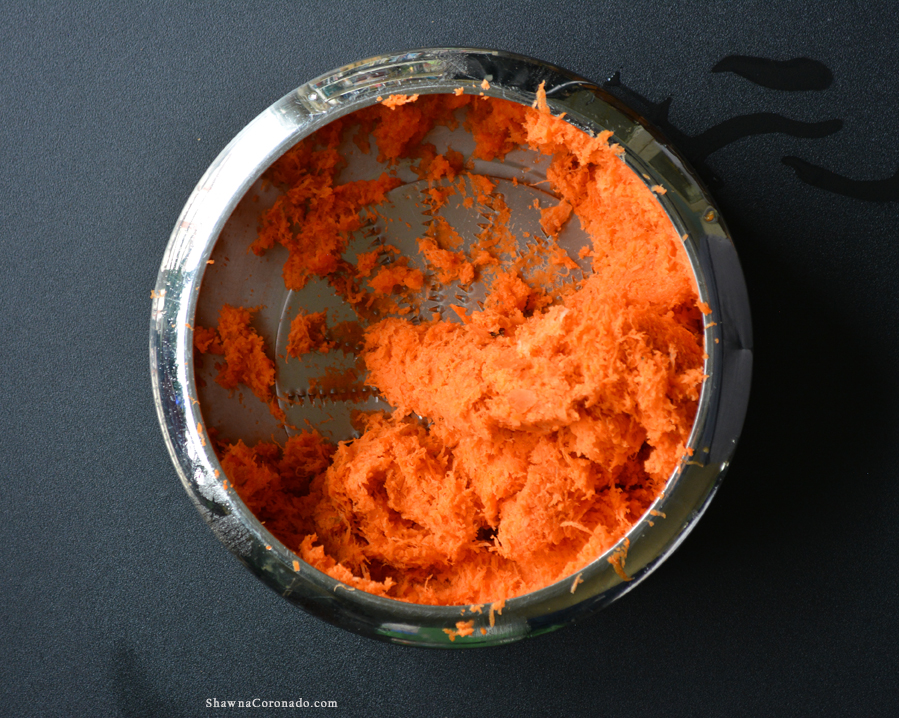Scientific Evidence on Juicing

Juice. I love it. When I was diagnosed with severe degenerative osteoarthritis I did some research on juicing. I have been working with my certified nutritionist to try to discover what health solutions are truly viable solutions to help me reduce pain and feel better every day. Is juicing worth the effort for my anti-inflammatory diet? Is juicing scientifically proven? What I have discovered is shocking.

There are many claims out there that suggest without the soluble fiber of the fruit or vegetable, the body is able to better absorb nutrients from the food. There is no scientific evidence to support this claim. Shockingly, some so-called experts claim that “juicing is the only way to stay healthy” and recommend staying away from solid foods, raw, or otherwise. This is not scientifically proven. Weight loss experts recommend drinking juice as a meal replacement stating you can achieve a caloric reduction without depriving your body of nutritional benefits. This is not only discouraged by doctors but can be tremendously dangerous because while some vitamin benefits can be found within juices, the truth is there are not enough vitamins in juicing alone to support your physical health. Your digestive system needs to process a variety of whole fruits and vegetables along with proteins in order for you to stay healthy.
Bottom line — there is no scientific evidence to support juicing does all that the experts are claiming it does. This is backed up by Mayo Clinic, university studies, and more, my research suggests that the larger miraculous benefits of juicing simply are unfounded. Having said that, there was a study was done in 2001 proved polyphenols in juice form helped Alzheimer’s patients and may help delay the onset of the disease. Additionally, there are vitamins within juices, but processing vegetables and fruits can sometimes change the nutritional value of juice, and juicing is processing the pulp and soluble fiber out of the food (see pulp photo bottom). Typically, I do not drink bottled fruit juices due to their high content of sugar. My anti-inflammatory diet is centered on low sugar, low carb, high protein, and high vegetable content. To keep my pain levels down, it helps to keep the high sugar content in check. Using vegetable juice, which is lower in sugar than fruits, as a smoothie base or flavor enhancer can be a positive contribution to an anti-inflammatory diet. It’s not a dietary miracle, but it can be a natural way to add some vitamins and flavor to enhance your taste experience.

Earlier this season I wrote a post about stainless steel straws and how I am using EcoJarz at home more often and the containers are perfect for smoothies and juices. In order to test my tastebuds, I lined up my EcoJarz and started juicing. Juicers can be expensive – they typically range from $25 to $400 in cost – but I got my juicer for free from a dear friend. I juiced celery, cucumbers, carrots, beets, ginger, purple cabbage, and Swiss chard (top photo). It cost me just under $35 to buy all these vegetables from the grocery store. What I discovered is that dependent upon water content, it can take a fairly strong amount of veggies to make one cup of juice. For example, it takes 9-ish medium carrots for approximately 1 cup of juice. This means that if you are not growing your own vegetables, juicing can be an expensive venture.

After juicing all the vegetables I purchased and taste-tested, I discovered I love a combination of carrot and ginger the most. Carrots have a higher sugar content than celery, so I’m thinking the sweeter flavor had a better taste. I thought celery juice would be an excellent base for soups and gravies. While cucumber juice would be perfect for gazpacho or cold soup. All the juices would make an excellent smoothie base. What I missed in juicing all these vegetables is pulp.
Frankly, I’m a fiber girl – my body needs soluble fiber to keep it regular. I think I prefer raw whole vegetables or blending my fruits and vegetables into smoothies. All the pulp is difficult to clean out of the juicers but is easily reused as compost. My thought on juicing after hours and hours of comparing scientific evidence and research is that it is a great flavor and vitamin enhancer, but not a miracle cure. Finding more ways to combine vegetables into your diet is a fantastic goal, and while juicing is not the sole solution for better health, it can add taste and vitamins to your diet.







I’ve always seen juices as a bit of a special treat, but not to be used as a major part of a regular diet, because I know that digestion starts in your mouth. If you don’t chew well to mix your saliva with your food, you totally skip the initial application of enzymes, and your digestive system misses out on the signals that salivation/chewing gives to prep for incoming nutrition. Smoothies that include all the fiber still miss out on that initial stage of breakdown. When I do indulge, I often wind up with heartburn, so there’s another disincentive. I’ll indulge with some grapefruit or blood orange in season, though…
Hi Shawna, awesome article! There’s really no direct studies using cold pressed juice to prove something. But the bottom line is, you can’t go wrong with increasing your intake of fresh produce. It’s better than prescribed medicine later on. Don’t get me wrong I love both juices and smoothies. Juices are great complement to a healthy meal and smoothies are great meal replacements.
Hi Shawna,
These are indeed interesting facts that juicing is critical for good health and well being. Thanks for the evidence and hope many people may realize the facts that you presented here.
I love both juicing and making smoothies, I also eat my fair share of raw fruits and veggies. Although the scientific evidence may be lacking, there seems to be plenty of anecdotal evidence to back up all the claims. Do you think the medical establishment and big pharma are going to pay for big studies that may show juicing and blending can do more for our health than the doctors or medication?
Great article. I regret to inform you though, gun ads are being run on your website… Thought you might want to know.